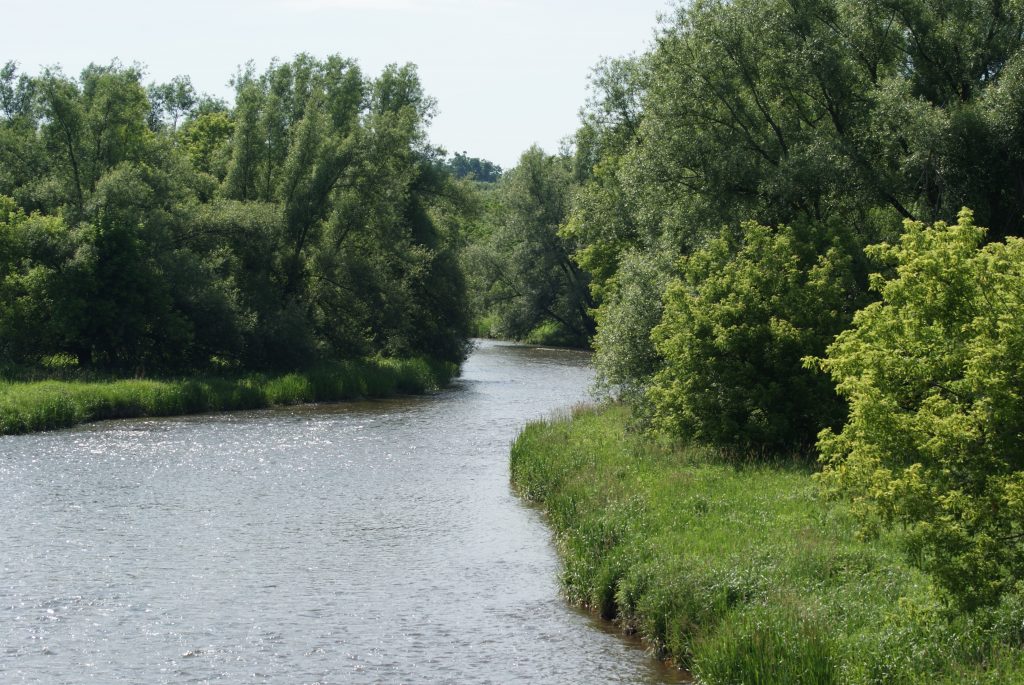This is a guest blog by Temara Brown, Executive Director of the Concerned Residents Association of North Dumfries. CRAND acts in the interests of the community to protect public health, safety, and the natural environment.
It’s time to reform the Ontario Municipal Board (OMB) to ensure it serves the public interest. Too often private interests are rewarded at the OMB, concerned citizens are penalized, and inappropriate development is able to continue unchecked.
The OMB has frequently been criticized for being financially inaccessible, unaccountable, adversarial and undemocratic. An OMB appeal is an expensive process and decisions often undermine provincial smart growth objectives like protecting natural heritage areas, limiting sprawl and directing higher density to urban cores that have public transit. Changes are needed to make the OMB more accountable, citizen participation easier and less expensive, and to uphold municipal and provincial land use plans.
Land-use planning is a public process. Planning deals with change and even positive change can bring conflicts. When conflicts can’t be resolved through the municipal planning process they can be taken to the OMB. But lately, the OMB has been ordering concern citizens to pay some hefty bills for raising issues they felt affected the health and well-being of their community, such as cutting down forests or expanding gravel pits. These hefty bills will no doubt discourage other Ontario residents from voicing their own concerns.
What’s particularly problematic is that the anti-SLAPP legislation (Bill-52), which Ontario passed in the fall in an effort to support democratic participation, does not apply to the OMB. A SLAPP lawsuit, or strategic lawsuit against public participation covers court litigation but since the OMB is an agency of the government, not a court, the anti-SLAPP legislation doesn’t apply.
On the heels of passing of Bill 52, a number of citizens and environmental organizations are facing expensive OMB cost awards. Few, if any, environmental organizations or advocates can raise the funds to hire experts, then raise thousands more to pay a developer’s legal bills.
Here’s a summary of pricey cost awards (bills) citizens groups have recently been ordered to pay following participation in Ontario’s land-use planning processes:
- In September, 2015, the OMB ordered the Richmond Hill Naturalists to pay $100,000, after the non-profit group lost its protracted battle to save the David Dunlap Observatory forested areas from being cut down.
- In November, the Concerned Residents Association of North Dumfries (CRAND) learned the OMB ordered the organization to pay $110,000 to gravel pit developers they challenged for putting air quality and public health at risk. The decision comes from the same adjudicator CRAND had previously challenged for bias in favour of the developers.
- Also in November, AWARE Simcoe was ordered to pay a $34,000 to developers and Simcoe County after seeking a Judicial Review and injunction to protect the Beeton Woods from being cut down for a subdivision under the guise of normal farm practices.
AWARE Simcoe’s case attracted the attention of Maude Barlow, national chairperson of the Council of Canadians, who condemned the decision, stating, “The regulatory system in Ontario is a rubber-stamp process favouring wealthy developers. Forcing community groups to pay court costs for opposing these developers is a perversion of justice.”
These are some of the largest cost awards against community or environmental organizations by the OMB ever. Not only do these groups suffer from a lack of resources compared to well-heeled developers and industry, but the outcomes indicate problems with the process overall.
Land-use planning in Ontario is an adversarial process. The OMB requires citizens and municipalities to argue their concerns in a court-like setting where there are winners and losers. It creates deep divisions in our communities rather than looking for mutually beneficial solutions.
The call for OMB reform is not new. For years the Environmental Commissioner of Ontario’s office (ECO) has championed the public’s right to participate in decision-making in matters of public interest as a cornerstone of our democratic system. When the outcome of a planning decision penalizes public participation the process is clearly flawed.
The good news is that reforming the OMB is on Municipal Affairs and Housing Minister Ted McMeekin’s to do list, as laid out in the provincial mandate letters from the Premier. And the recently released report from the review panel led by David Crombie recommends that the province implement changes to the OMB including tactics to increase public participation in OMB hearings.
Now it’s time the province turn those words into action. It’s time to rein in the OMB, stop penalizing concerned citizens and support smarter growth.







